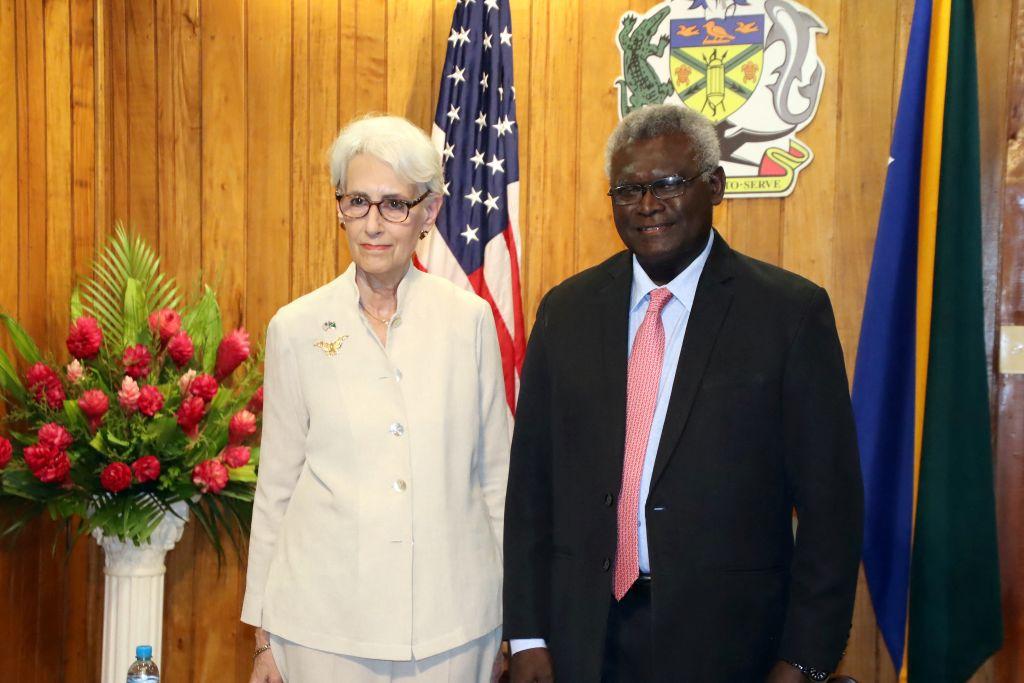Commentary
The United States has a new embassy in the Solomon Islands. The Solomons are a group of 992 islands in the Pacific, approximately one-third of which are populated. It’s a juicy target for China, which seeks to project its navy toward Australia and New Zealand—both are close U.S. allies.
The United States hasn’t had an embassy in the Solomons since 1993. Our sudden change of heart is due to mounting rivalry with China, specifically, Beijing’s defense pact with the archipelagic country.
The Sino-Solomon agreement, signed and leaked in draft form in 2022, appears to allow for unprecedented intervention by the People’s Armed Police in the case of local unrest. It also includes port services for China’s ships, which would include the People’s Liberation Army Navy. This gives Beijing a strategic foothold just a thousand miles off Australia’s northeast coast.
The Solomons were once solidly within the United States’ and Australia’s sphere of influence, given our and Australia’s close relations and shared history fighting Imperial Japan during World War II.
The Japanese invaded the Solomons in 1942. U.S. and allied efforts to liberate the island included the Battle of Guadalcanal, which cost more than 7,000 American lives and 8,000 wounded. More than 40 U.S. ships and 800 aircraft were destroyed in the Solomon Islands Campaign.
So it’s particularly painful that the current leader of the Solomons, under allegations of corruption and a de facto coup, is turning toward Beijing.





